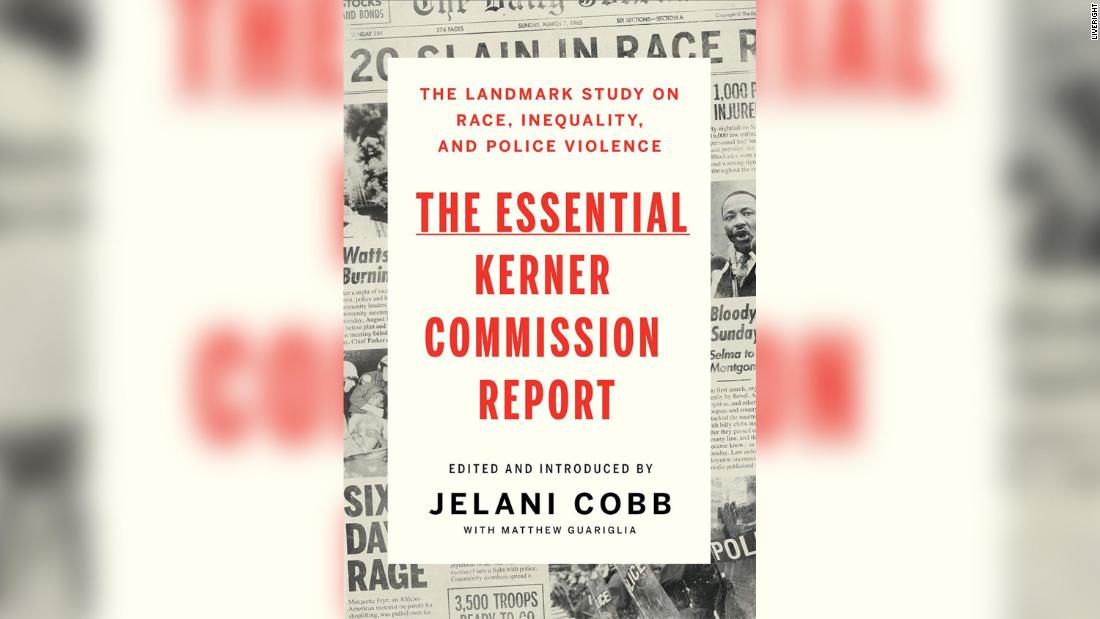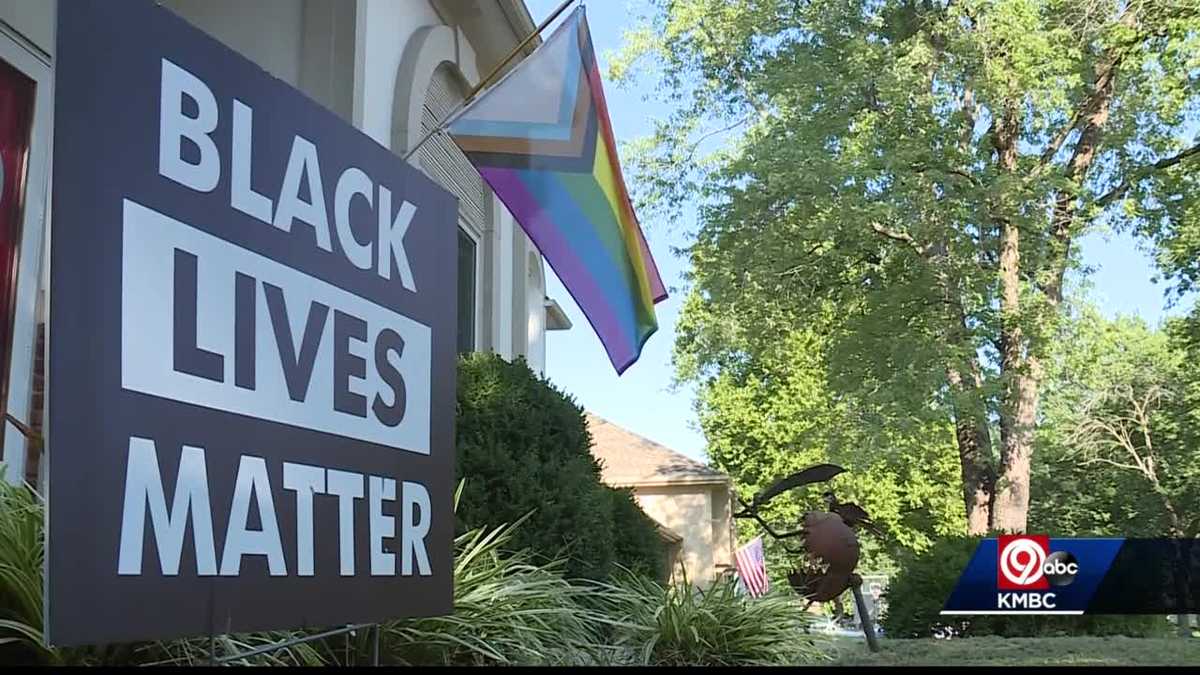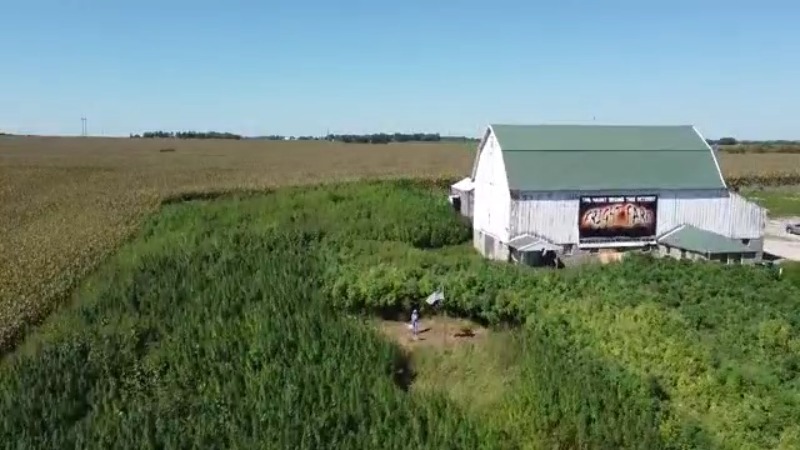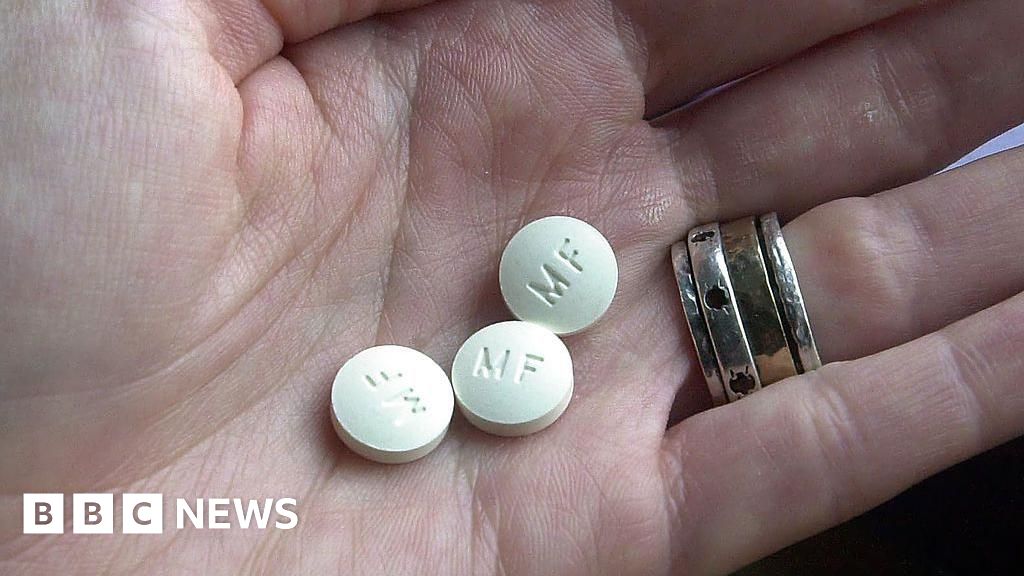Traditionally and paradoxically, August has lengthy been an energetic month for Black revolt.
In 1831, Nat Turner led an notorious rebellion of enslaved Virginians.
In 1965, the Watts neighborhood of Los Angeles witnessed six days of civil unrest following a brutal encounter between a Black motorist and White cops.
And in 2014, Ferguson, Missouri, grew to become the middle of nationwide protests after Michael Brown was shot and killed by a police officer on August 9.
Within the slim quantity, Cobb and Guariglia revisit the Nationwide Advisory Fee on Civil Problems, extra famously often called the Kerner Fee, after Illinois Gov. Otto Kerner Jr., the chairman.
Established in 1967 by then-President Lyndon B. Johnson, the 11-person Kerner Fee convened to interrogate three questions amid a yearslong, nationwide wave of Black revolt: What occurred? Why did it occur? What might be carried out to forestall it from occurring repeatedly?
Whereas the fee acquired so much proper — the report, launched in 1968, underscored the connection between race-based discrimination and civil unrest, and recommended substantial authorities intervention — its observations and proposals have been largely ignored.
“Kerner establishes that it’s potential for us to be solely cognizant of historical past and repeat it anyway,” Cobb factors out, trenchantly, within the new e-book’s introduction.
To debate the persistence of the US’s racial hierarchies in policing and past, I not too long ago spoke with Cobb. The next dialog has been calmly edited for size and readability.
Usually, folks consider Black revolt as a response to an act of police violence. However what does the Kerner report inform us about different structural inequalities at work?
We consider Kerner as pointing us to the best way to take a look at unrest and uprisings. However the precise lesson is that we ought to be fascinated with the cumulative impact of tales which can be occurring in schooling protection, in housing protection, in health-care protection, even in protection of the disparities in Covid fatalities — all of these items.
We consider the cumulative impact of dangerous schooling being simply extra dangerous schooling. However we do not assume that there is a detonation level. And what Kerner did, definitively, was level to the best way that police have been just one ingredient of the larger image of social inequality, and level to the truth that simply because the police sparked these uprisings didn’t imply that they have been the sum complete of the causes.
Some fear that an intense give attention to policing could make it troublesome to confront different institutional failures. What do you make of that?
Particularly on this local weather of policing, it is laborious to say that we’re focusing an excessive amount of on police. However once you take a look at it within the larger image, are you actually asking to say, “Oh, we need to create good policing however nonetheless have subpar colleges, subpar housing, employment gaps, subpar well being care”? So, I do not even know if it is potential to reform merely one establishment that interacts with folks and clear up the issue, as a result of the very fact is, folks expertise all of these items in the middle of their day.
So, the police are an important ingredient, however they don’t seem to be the one ingredient. And Kerner, I believe, masterfully threaded that in a means that I do not assume many individuals noticed at that exact second. However they checked out this and mentioned, “Listed here are the issues with policing as we see it.” One of many notable ones was speaking concerning the lack of variety on police forces, however in addition they talked about media protection. They have been trying on the sum complete of individuals’s experiences. And I believe that is one of many the explanation why we hold coming again to it as a touchstone on this dialog.
How ought to the media transfer towards extra precisely overlaying the varied structural inequalities — substandard housing, segregated neighborhoods — on the coronary heart of Black revolt?
I believe that we’re making progress on that, truly. In among the media protection I noticed final summer season on PBS and MSNBC — I am a commentator on MSNBC, so full disclosure — folks have been trying completely and deeply into the sort of hidden elements of the outrage, what was happening beneath the floor.
That wasn’t the case in Ferguson (through the rebellion, in 2014). After I went to Ferguson and the governor confirmed up, he was considering that he was there to speak about Michael Brown (the Black 18-year-old who was fatally shot by a White police officer), however folks have been speaking about roads, about college high quality, about all these items that I ultimately realized have been on the coronary heart of the battle and made folks perceive Brown not as an anomaly however as a sort of final conclusion. In case you assume that individuals deserve poor colleges or deserve poor roads or poor providers normally, the last word extension of that contempt is that now we see that our metropolis providers are prepared to kill you.
I believe that I noticed extra of that sort of holistic examination final summer season than I’ve most likely ever seen earlier than in my life. And so to reply your query instantly, the media has an outsized position to play in framing how we perceive these items. And there is all the time the odd likelihood that you will have a sort of rogue set of presidency folks like Kerner who will get collectively in a room and resolve to really inform the reality.






